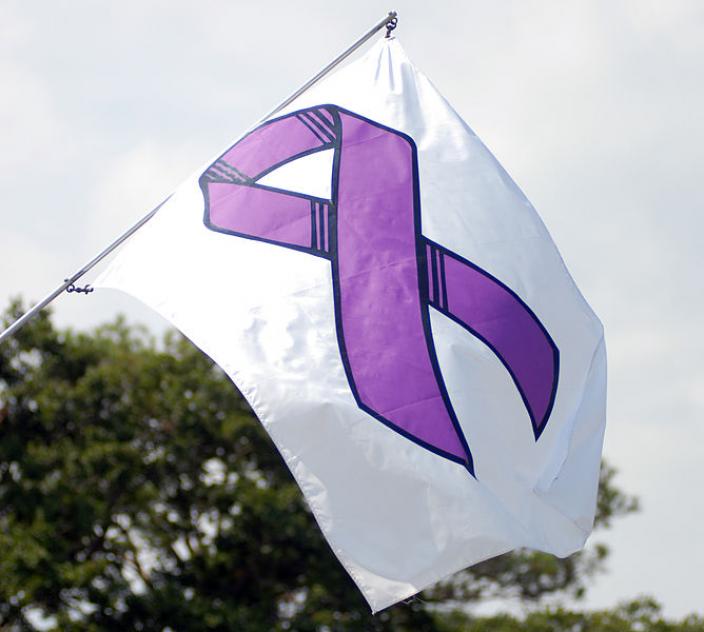
In this week’s Torah portion, B’midbar, while in the Sinai Desert Moses is told to count all of the congregation of the children of Israel. In other words, take a census; however, he is only told to count the head of every male. This makes me wonder, why weren’t the women counted as well? We all know they were there.
After thinking about the census further, I started thinking about our congregations. I started to wonder where most of our congregations would be without WRJ and the women of sisterhood?
My family moved from a highly Jewish populated suburb of Chicago to Overland Park, Kansas, close to 18 years ago. In Buffalo Grove, Illinois, my children did not need to worry about missing school during the High Holidays because the public schools closed for Rosh Hashanah and Yom Kippur. I did not worry about where to buy items for Passover because every store carried them. When we started looking for a new congregation, there were a number of Reform congregations to choose from.
I imagine the Israelites might have been a bit overwhelmed as they were slaves one day and then were suddenly in the open wilderness. I went through my own culture shock as Overland Park, Kansas, does not have a very high Jewish population.
Year after year I needed to explain to teachers why my daughters would not be in school on Rosh Hashanah and/or Yom Kippur and that the tests scheduled on those days would need to be taken on another day. Finally by the end of middle school the school district seemed to understand. Finding items for Passover was also a challenge. Many stores in the Kansas City area do not understand that there is a difference between Kosher and Kosher for Passover. That first year I had to go to many stores before I found one who understood the difference. Now every year I gladly drive the 30 minutes to get to the same store. In the Kansas City area there are only two URJ congregations and only one of them has a WRJ sisterhood. Needless to say, there was only one congregation that we could join.
I have belonged to two strong sisterhoods and both of these sisterhoods do much to support their congregations. My current sisterhood has what it calls the “Pillars of the Congregation” which is an extensive list of everything that it does to strengthen and support our congregation. It seems whenever there is a need in the congregation, sisterhood is the first place the congregation goes to meet the need. Women seem to know just what to do to get things done. This is why the women of WRJ are important to all of our congregations and why it is important for all women to be counted with the men.
Many WRJ sisterhood nominating committees are in the process of looking for new women to serve on their sisterhood boards. If you receive a call to serve your sisterhood as a member of the board, would you accept the honor? On this same note, WRJ is looking for women to serve on the WRJ Board of Directors as well. Do you know someone in your sisterhood or district who should be nominated to serve
WRJ strengthens the voice of women worldwide and empowers them to create caring communities, nurture congregations, cultivate personal and spiritual growth, and advocate for and promote progressive Jewish values. For over 100 years the Women of Reform Judaism has been working to make the voices of women heard so they can be counted. It is our duty as women of WRJ to seek out the women in our congregations whose voices may not have been heard before and ask them to join us. Many women became a part of sisterhood simply because they were asked, so it is time to find new women to join our sisterhoods so they can also discover their own voices.
Sue Berne is a member of the WRJ Board of Directors, a member of the Southwest District Executive Committee, and is past president of The Temple, Congregation B’nai Jehudah sisterhood in Overland Park, KS.
Related Posts

Parashat Yom Rishon shel Rosh HaShanah

Cultivating a Culture of Accountability and Belonging

